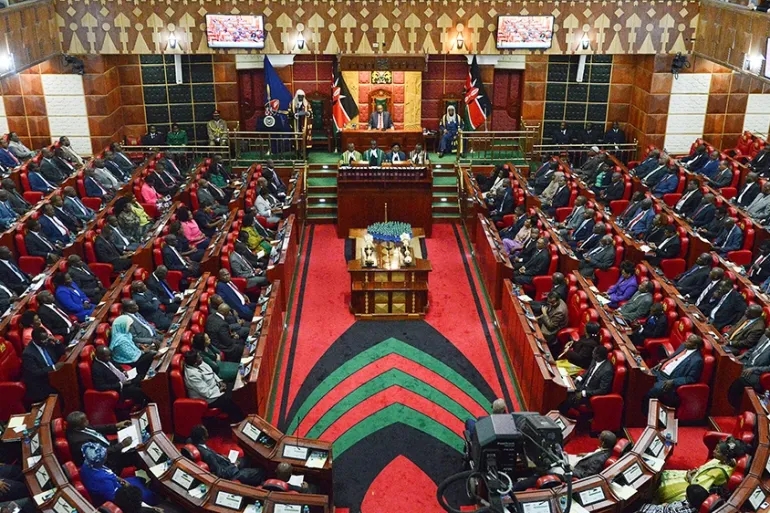One in every four babies born globally is either born too soon (pre-term) or born too small (low birth weight).
The latest report on small vulnerable newborns and stillbirths in Kenya and Sub-Saharan Africa shows the two account for 1.9 million stillbirths and 1.4 million newborn deaths annually.
The study was conducted by experts from the Aga Khan University, Tampere University, Johns Hopkins University, London School of Hygiene and Tropical Medicine, University College London, and the University of Botswana.
The report estimates that 566,000 stillbirths and 5.2 million preterm or underweight births could be prevented each year.
Kenya is among the countries that have recorded moderately high preterm births with an estimated number of preterm babies that were born in Kenya in 2020 being 127,500.
Data from the Ministry of Health shows prenatal deaths per year stand at 17,499, and for every 1000 live births, there are 22 perinatal deaths.
Stillbirths occur at a rate of 16.2 per cent.
This, it said, is by implementing a number of accessible and cost-effective pregnancy interventions in low-and-middle-income countries estimated to cost Sh162 billion (USD1.1 billion) by the year 2030 to implement.
The report warns that the small vulnerable newborn survivors are vulnerable to health problems throughout their life course, affecting human capital, economic productivity, and healthcare costs.
Speaking during the release of the findings, Acting Head Division of Health Informatics at the Ministry of Health Job Nyangena reiterated the government’s commitment to implementing the preventive measures.
“As a government and especially with the devolution of health services, we are developing technological specifications to ensure standardization of operating procedures and training manuals,” he said.
The low-cost, evidence-based pregnancy interventions for the prevention of small vulnerable newborns and stillbirths according to the experts include the provision of multiple micronutrient supplements.
Others include the treatment of syphilis and the treatment of asymptomatic bacteriuria (a bacterial infection of the urine) for all women.
It also recommends targeted interventions such as low-dose aspirin, balanced protein energy supplements, prevention of malaria in pregnancy, progesterone provided vaginally and smoking cessation.
In addition, implementing girls’ and women’s reproductive rights is key to preventing pregnancy complications and poor pregnancy outcomes.
“One out of four babies is born too early, too small, or stillborn. It is our moral duty to invest in the prevention of small vulnerable newborns through early and high-quality antenatal and childbirth care and through girls and women's reproductive rights,” Prof Marleen Temmerman said.
Temmerman is the Director of Aga Khan University’s Centre of Excellence in Women and Child Health, East Africa (CoEWCH EA).
“Twenty per cent of babies born in Sub-Saharan Africa are small vulnerable newborns, yet prevention is possible. This is the challenge we all need to tackle, the Nairobi launch aims to help us do this,” Abdu Mohiddin said.
Mohiddin is a physician-scientist and Assistant Professor at the Aga Khan University.
Although addressing the issue of small vulnerable newborns has been on the global agenda for years, global trends show that the situation has not improved.
This indicates a pressing need for national actors, along with global partners, to commit to providing high-quality care for all women during pregnancy and at birth.
This includes implementing the World Health Organization (WHO) antenatal care guidelines that include a screening ultrasound for all pregnant women.
The research was funded by the Children’s Investment Fund Foundation (CIFF) and the Bill and Melinda Gates Foundation (BMGF).













